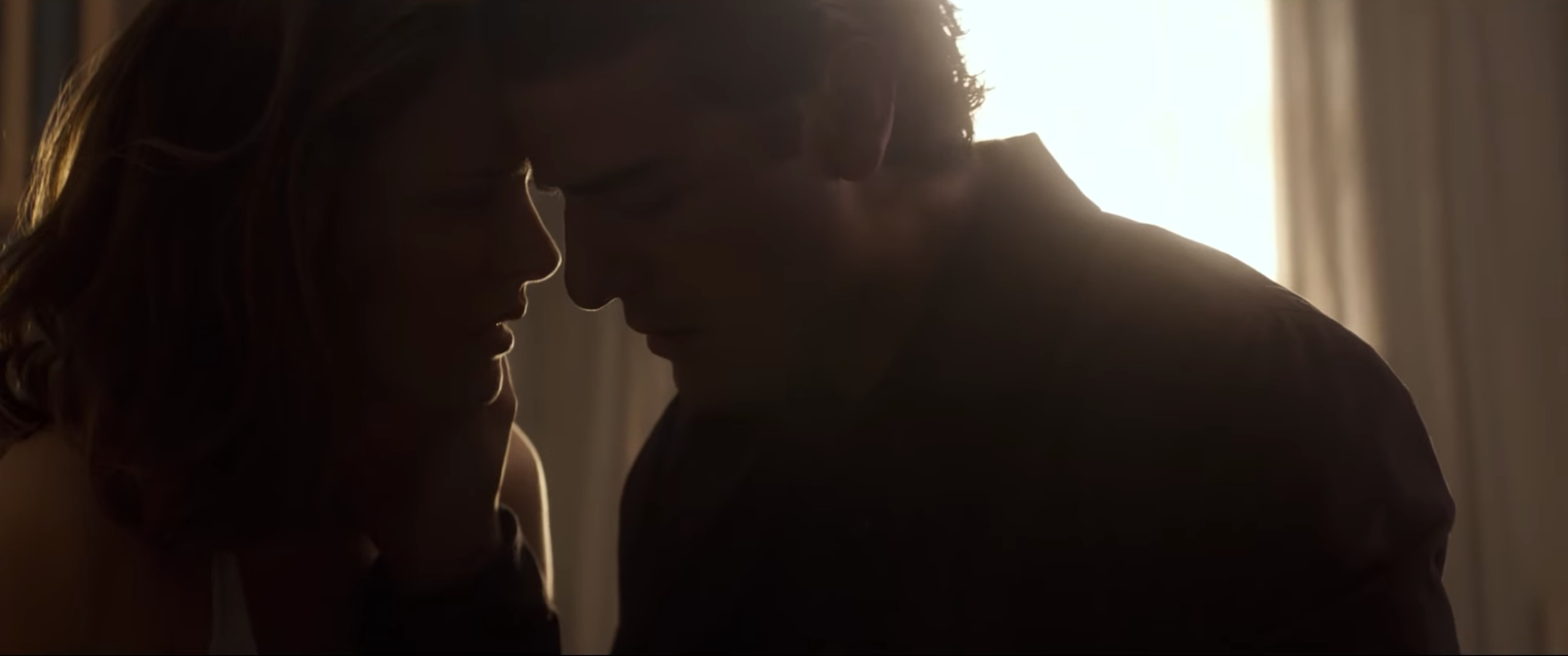Annihilation: Change and the concept of the self
Spoiler Alert: this post is about the film Annihilation, and contains important plot points from it.
A meteor strikes a solitary lighthouse on a quiet beach. A veil of colorful light appears, surrounding the explosion. The land begins to distort from the impact. This is the anomaly.
Lena, played by Natalie Portman, sits in confinement, wearing white scrubs. Through a pane of glass, a line of scientists watch as she is interrogated. “Can you describe its form?” “Was it carbon based?” “Its destroying everything.”
“Its not destroying,” she says, “its making something new.”
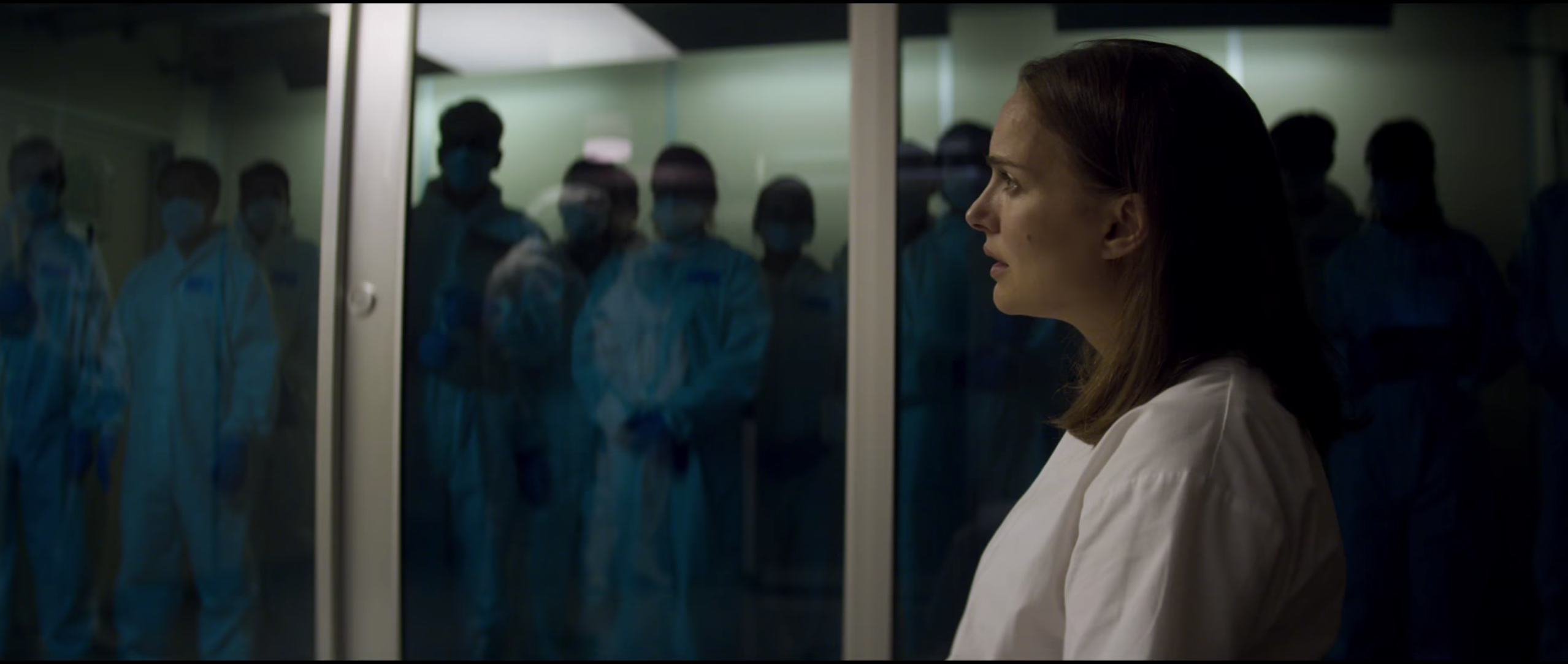
Through their exchanges, it is apparent that the scientists are fearful of the anomaly caused by the meteor. They ask if she felt afraid, and ask what the mutated creatures that live inside are like. With each answer, they are continually surprised. “Sometimes, it was very beautiful,” she says.
As we follow Lena inside the anomaly, we learn that the environment is one in which all things are continually merging, where pieces of DNA fly from a plant to a person, and a scream can pass from the throat of a soldier to the mouth of a bear.
It’s a place characterized by change, where the boundaries between the self and the environment are blurred.
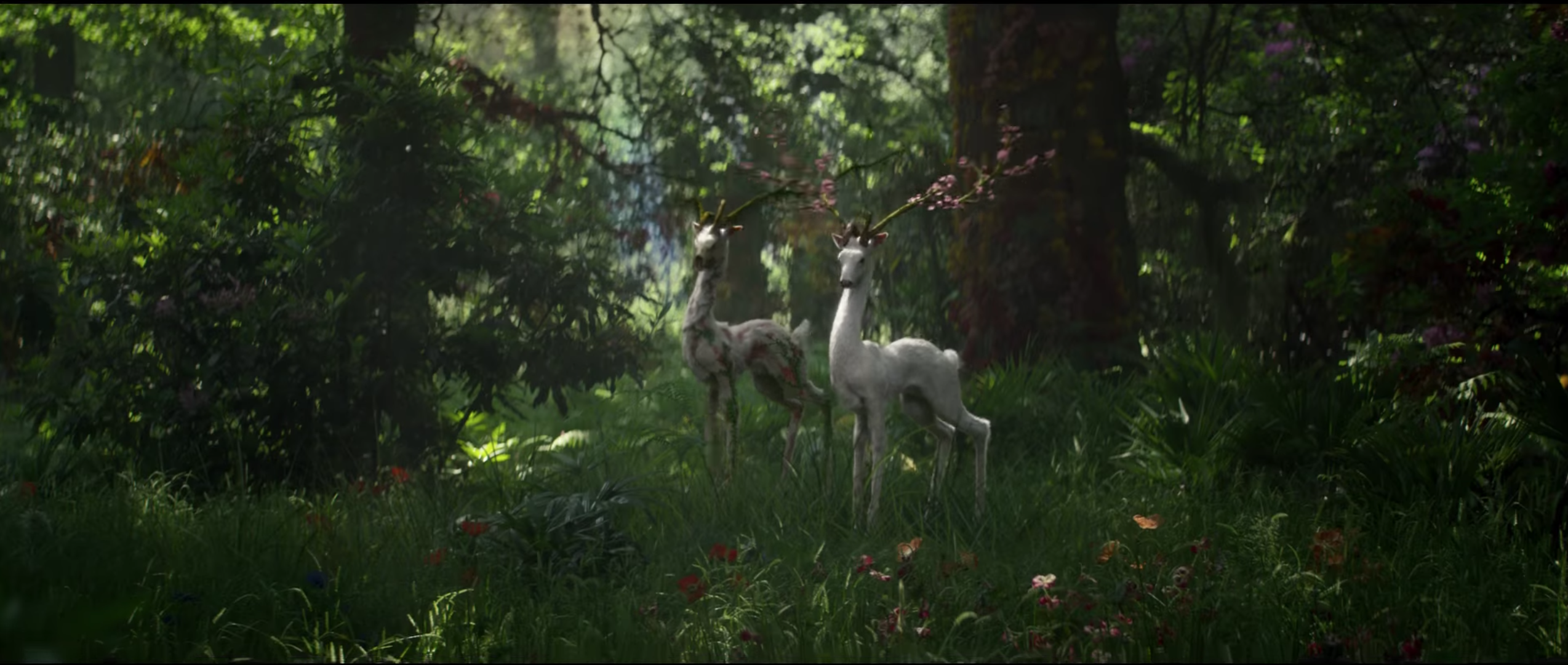
What is the self? The dictionary defines it as “a person’s essential being that distinguishes them from others”. The thesaurus likens it to the ego, persona, identity, character, and spirit. And philosophers see it as an activity, delusion, a narrative, and a bundle of perceptions.
The philosophy found in Annihilation is in favor of the concept of the self as a bundle of perceptions, but also argues that in order to change from one state to another, we must destroy our past selves.
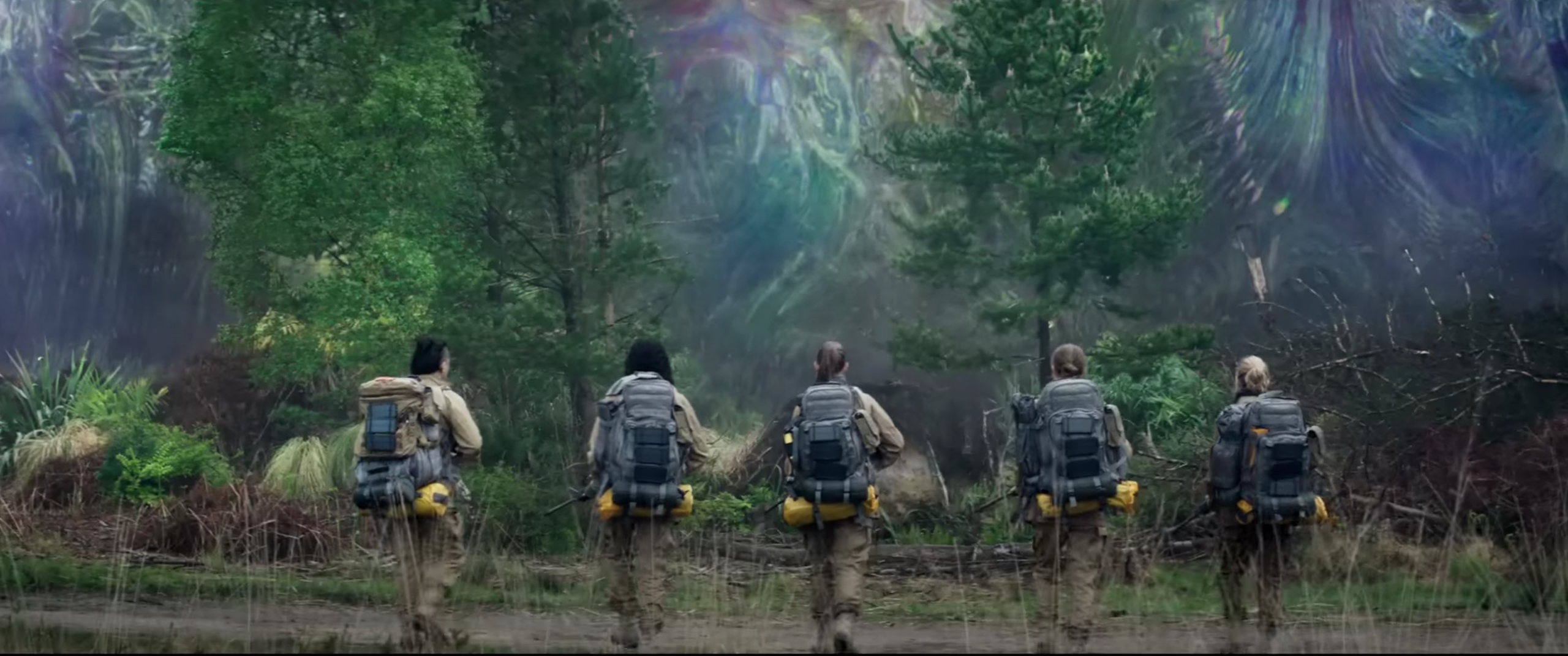
Cass, one of the scientists on the expedition, describes their group as “damaged goods”. Each one of them has been struck by some difficulty or tragedy that has consumed their sense of self- like the lighthouse at the center of the anomaly. Their journeys through the anomaly reflect their feelings in relation to their struggles.
Cass, who had a death in her family, states that part of her died along with them. This demonstrates the ways in which she defines herself by others. When a creature in the anomaly takes her, it also takes her voice, which it uses to impersonate her.
Josie is described as someone who resorted to self-harm to feel something- and she disappears in the anomaly with leaves growing from her scarred wrists. She resigns herself in the endless pursuit of change for the sake of change, and loses her sense of self.
Dr.Ventress enters the anomaly expecting to die within it, wanting only to seek the truth behind it. And in seeking truth for the sake of truth, she looses her mind in an endless search, one that becomes more and more abstract, until she also disappears into the anomaly.
However, Lena is different from them all. She is the only one who wants to come back.
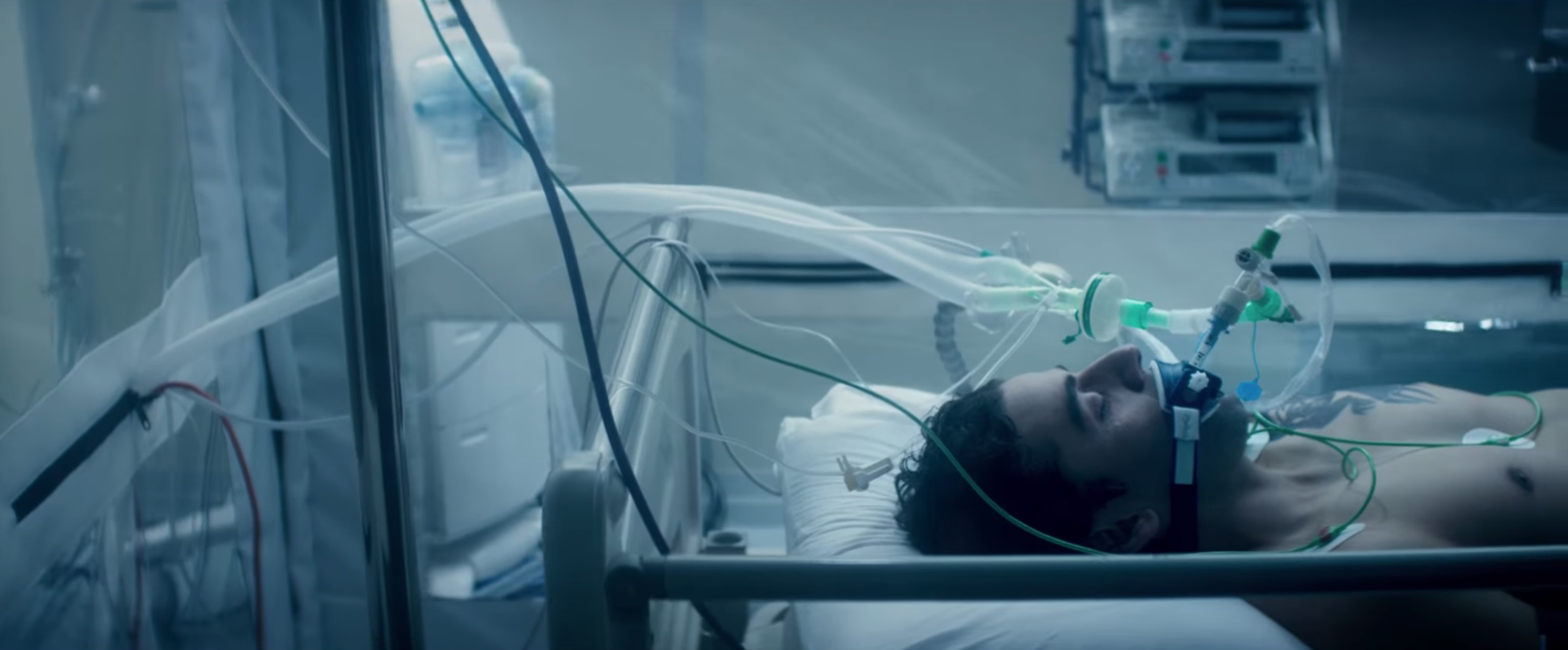
The value of this desire is illustrated thoughout the movie, but particularly in the last part of the movie, where she finds a mirror image of herself. During this scene, she fights, understands, then destroys this entity, which represents her, and was created from a drop of her blood.
“One cell becomes two, two becomes four, four becomes eight, and so on” Lena lectures. All life comes from the same humble beginnings. From bacteria to flora to humanity, each is a consitiuent of its ever-changing parts.
Many of these parts live and die without our knowledge. Every ten years, your body is nearly completely replaced with new cells. But in lieu of that, would you say that you are no longer yourself?
In any change of the self, a past self is buried and replaced. As Lena states, this is not destruction- it is creation. Every little mutation that you undergo changes and replaces parts of you, and one must let go of the concepts of before and after to embrace the full embodiment of the self.
